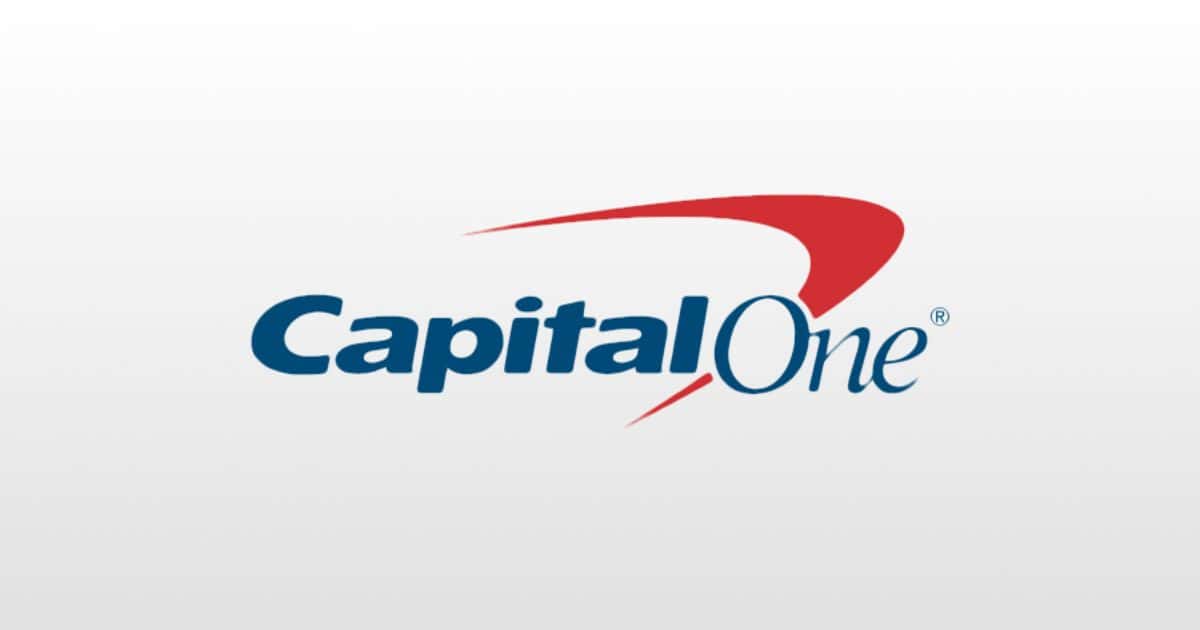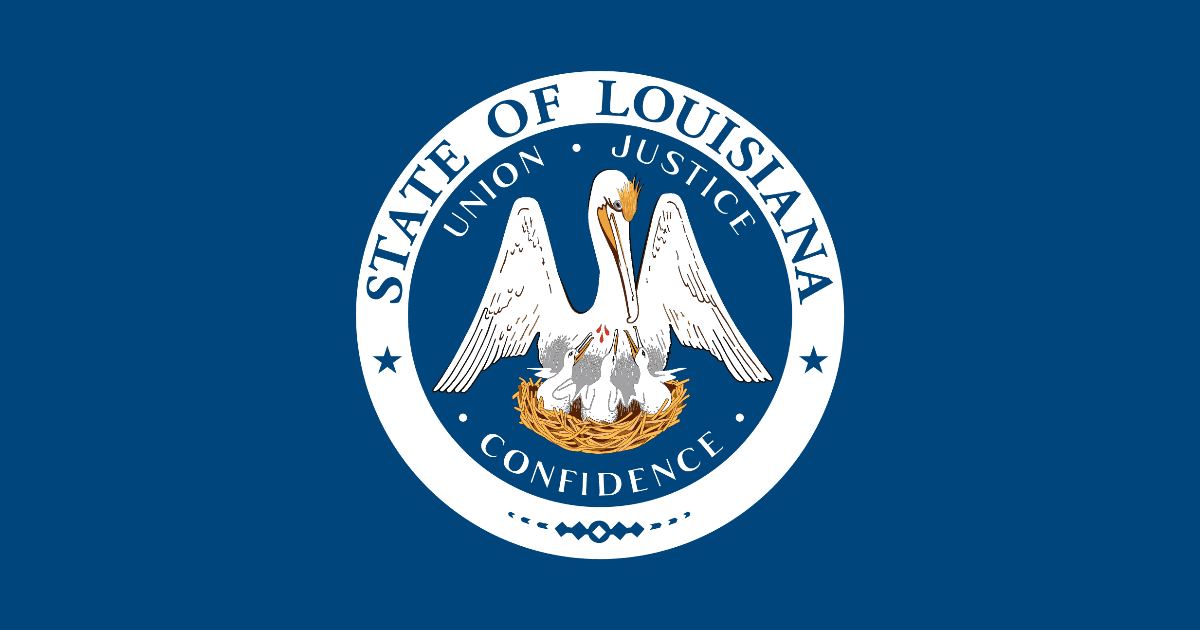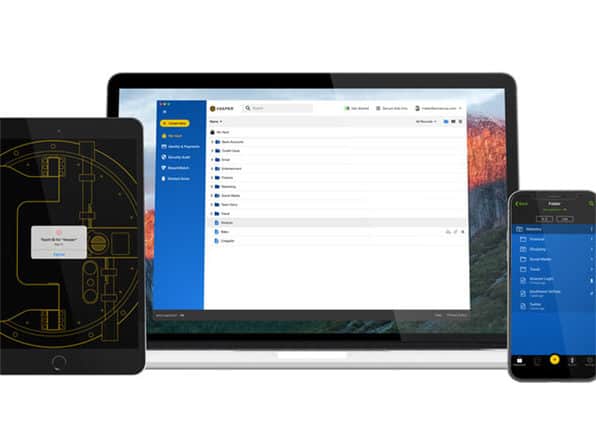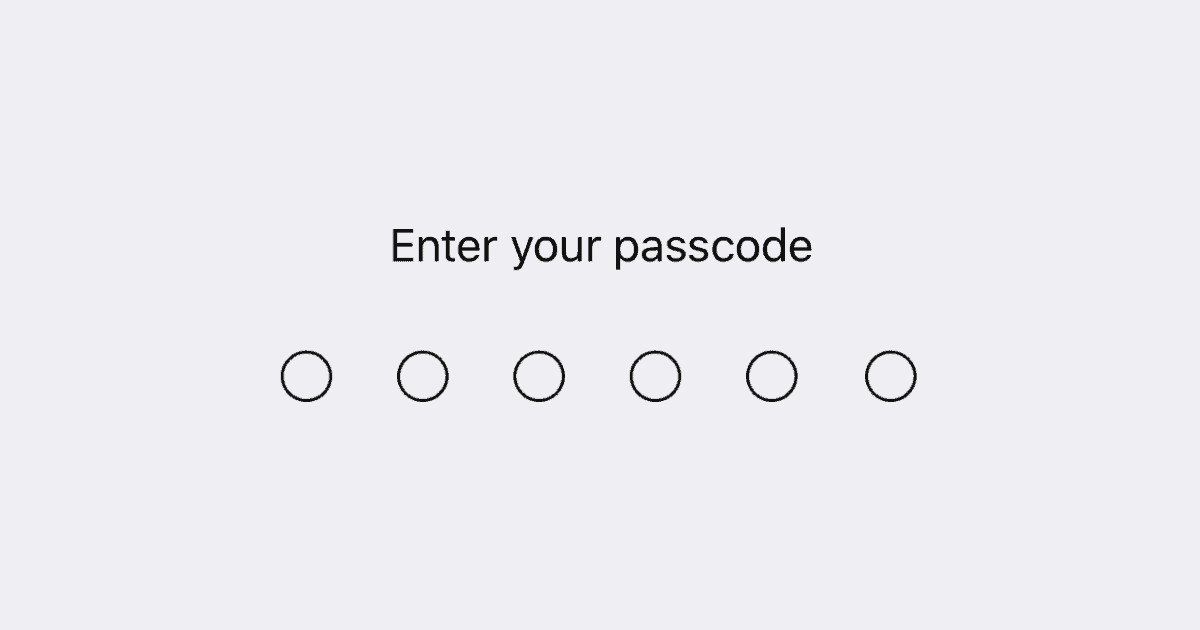On July 19 Capital One found it had gotten hacked. The FBI arrested the hacker but 100 million U.S. customers are affected.
The largest category of information accessed was information on consumers and small businesses as of the time they applied for one of our credit card products from 2005 through early 2019. This information included personal information Capital One routinely collects at the time it receives credit card applications, including names, addresses, zip codes/postal codes, phone numbers, email addresses, dates of birth, and self-reported income.
What angers me the most about this is the fact that I had to read the news to learn what happened. As a Capital One customer I feel I should’ve been notified by email. Customers affected by this will get an email but I want a notification email as well. Maybe I’ll get five bucks like those affected by Equifax.



















